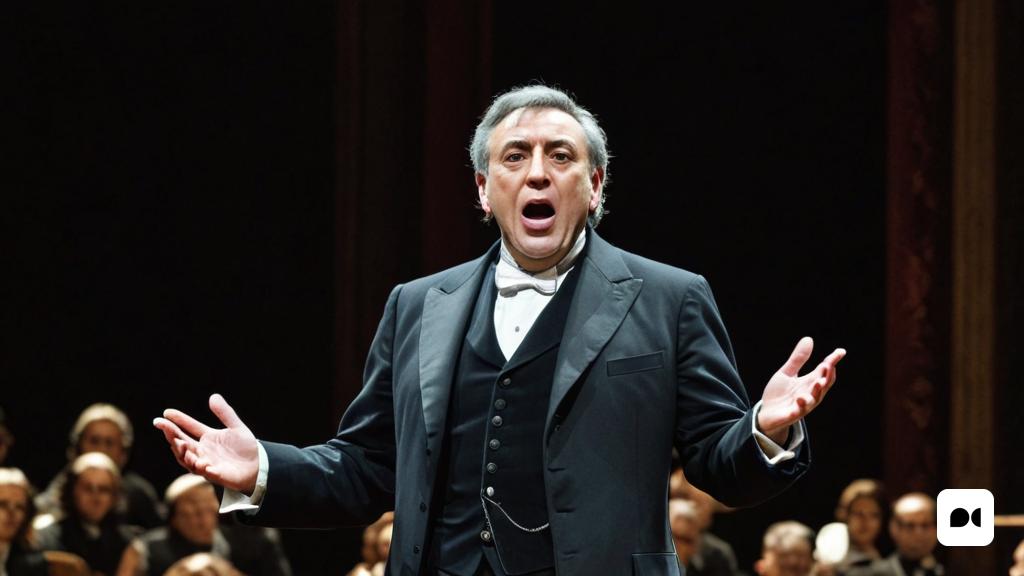The memory of an unforgettable moment
A comment by Joan Manén published in the Revista Musical Catalana highlights the exclamation of a spectator during the performance of “Lo desengany” by Arturo Baratta at the Gran Teatre del Liceu. This work became the first opera in the Catalan language to be performed in this emblematic setting, and its premiere dates back to 1885.
A disturbing lack of operatic productions in Catalan
Even if the surprise impact caused by that first performance seems unlikely now, the contemporary reality reveals a bleak panorama: the insufficiency of operas in Catalan on the most important platforms in the territory. In a cultural context characterized by an increase in creativity and innovation in both playwrights and composers, their scarcity is alarming.
A long wait since the last release
Since the presentation of ‘Gaudí’ by Joan Guinjoan, which took place in November 2004, no opera sung in the Catalan language has been seen again in the Liceu’s regular season, with the exception of the notable social and inclusive project ‘ La gata perduda’, by the author Arnau Tordera and the playwright Victoria Szpunberg, which was performed in 2022. This leads us to reflect on the shared responsibility of the creators; despite its importance, continuity in the operatic world is scarce.
The heritage of the Catalan Lyric Theatre
Before the performance of ‘Lo desengany’, other operatic proposals with librettos in Catalan had already been made, with more or less success. However, the greatest expression of opera in Catalan was the Teatre Líric Català, which experienced a golden stage that spanned modernism to noucentism. In that era, artists were faced with the lack of a well-established operatic tradition, which limited both musical creation and the training of performers.
Importance of theater education
In those days, it was already recognized the need to instruct actors and singers in a unique way of performing that was not just an imitation of foreign models. Xavier Albertí stressed that this is vital for the public to develop critical skills. There is no opera without a base of creators, singers and musicians, but also without an educated and aware audience.
The need for creative alliances
Fostering collaboration between playwrights and composers is crucial to establishing creative alliances that have the ability to endure over time. The history of the Teatre Líric is a clear example of this, with names such as Enric Morera, Jaume Pahissa and Eduard Toldrà who worked hand in hand with creators such as Santiago Rusiñol, Àngel Guimerà and Josep Carner, among others. Currently, the new generation of creators, including names such as Victoria Szpunberg, Lluïsa Cunillé and Marc Rosich, have taken over on this path.
The role of independent initiatives
An outstanding initiative like ‘Opera de Butxaca i Nova Creació’ has become a fundamental pillar of the operatic scene in the Catalan language in recent years. This platform has not only contributed to productions, but has also promoted an environment that favors the joint work between playwrights and musicians, an essential aspect that was key to the success of the Lyrical Theatre.
The importance of theatrical dialogue
It is crucial that the interaction between musicians and playwrights materializes in a physical environment that fosters creativity. Visiting theaters and concerts is essential for singers and composers so that they can discover the dramatic universe that best suits their music. Similarly, playwrights need to see and hear live music to understand how it can transform their plays.
Creativity beyond adaptations
In order to communicate with audiences in a profound and effective way, it is essential to foster the creation of original texts that inspire new scores. These works must touch on themes that resonate with current reality, but must also have a timelessness that ensures their relevance over time.
A road under construction
Despite the multiple obstacles that have been presented so far, it is clear that progress is being made towards a revitalization of opera in Catalan. Every step counts, despite the intermittent circumstances and difficulties that arise, and it is everyone’s responsibility to contribute to the fact that the title of this article is not just an ironic comment, but an affirmation about the future of opera in Catalonia.

